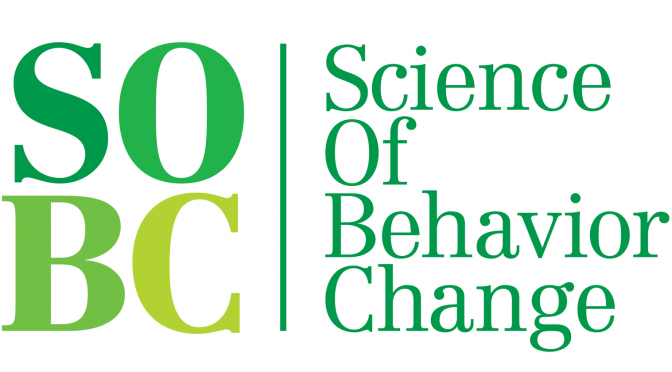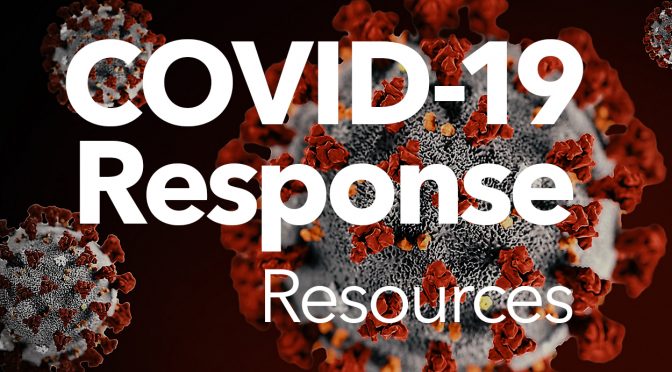Various resources are publically available for those in the research community looking for funding opportunities and research materials related to COVID-19. In an effort to collect those resources for COVID-19 research, the following links are made available here and on the SOBC Resources page.
1. The NIH Office of Behavioral and Social Sciences Research’s (OBSSR) collection of funding opportunities specific to COVID-19 and the Behavioral and Social Sciences. Link here.
2. NIH Public Health Emergency and Disaster Research Response (DR2). NIH DR2 provides various data collection tools, resources, and training materials for public health emergencies and disasters, including the current COVID-19 pandemic. Link here.
3. PhenX Toolkit with COVID-19 related measurement protocols. Link here.




